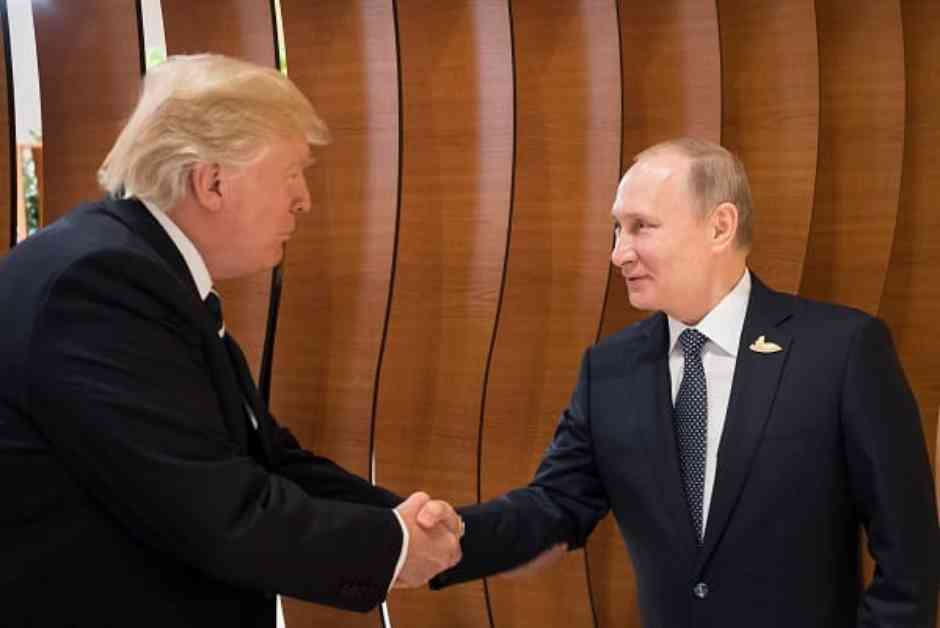In a recent development that has sent shockwaves across the international community, US President Donald Trump has taken the unprecedented step of sanctioning the International Criminal Court (ICC), a move that has been met with mixed reactions. This decision, which has been described by a Russian official as “a gift to Moscow,” is expected to have far-reaching implications for the ICC’s ability to carry out its mandate, particularly in relation to the arrest of Russian President Vladimir Putin.
The ICC had issued international arrest warrants for Putin and Maria Lvova-Belova on 17 March 2023 for their involvement in the forced illegal deportations of Ukrainian children to Russia. Despite this, the Kremlin has made it clear that it does not recognize the authority of the ICC, with Kremlin spokesman Dmitry Peskov stating, “Russia does not recognise the ICC. U.S. sanctions against them are none of our business.”
One high-ranking Kremlin official, speaking on condition of anonymity, expressed delight at Trump’s decision, describing it as a welcome development that will put the ICC in its place. The move has been hailed as a strategic victory for Moscow, providing the Russian leadership with greater flexibility in their international engagements.
International Response and Continued Accountability
While the Russian government may view Trump’s sanctions as a positive development, the ICC has maintained its stance on holding Russian officials accountable for war crimes committed in Ukraine. Foreign Ministry spokesperson Heorhii Tykhyi emphasized the importance of justice for the victims of Russian aggression, stating, “I think that the US decisions are not related to the Ukrainian context, and we hope that they will not affect the court’s ability to achieve justice.”
The ICC has also issued arrest warrants for Valery Gerasimov and Sergei Shoigu, both high-ranking Russian officials, for their involvement in war crimes during the conflict in Ukraine. These individuals are accused of orchestrating missile attacks on civilian infrastructure and the energy sector, leading to widespread suffering among the Ukrainian population.
Challenges and Consequences
The decision to sanction the ICC and undermine its authority poses significant challenges for the international community, particularly in the pursuit of justice for victims of war crimes. The ICC’s efforts to hold accountable those responsible for grave violations of human rights are now facing unprecedented obstacles, with powerful political forces seeking to shield perpetrators from accountability.
The Russian government’s dismissal of the ICC’s authority and Trump’s support for these actions set a dangerous precedent, sending a message that those in positions of power are immune from international justice. As the ICC continues its work to investigate and prosecute war crimes, the challenges posed by political interference and lack of cooperation from key actors will undoubtedly complicate efforts to achieve meaningful accountability.
In the face of these obstacles, it is crucial for the international community to reaffirm its commitment to upholding the principles of justice, accountability, and human rights. The ICC’s mandate to prosecute individuals responsible for the most heinous crimes must be safeguarded, ensuring that impunity is not allowed to prevail in the pursuit of peace and justice for all.












